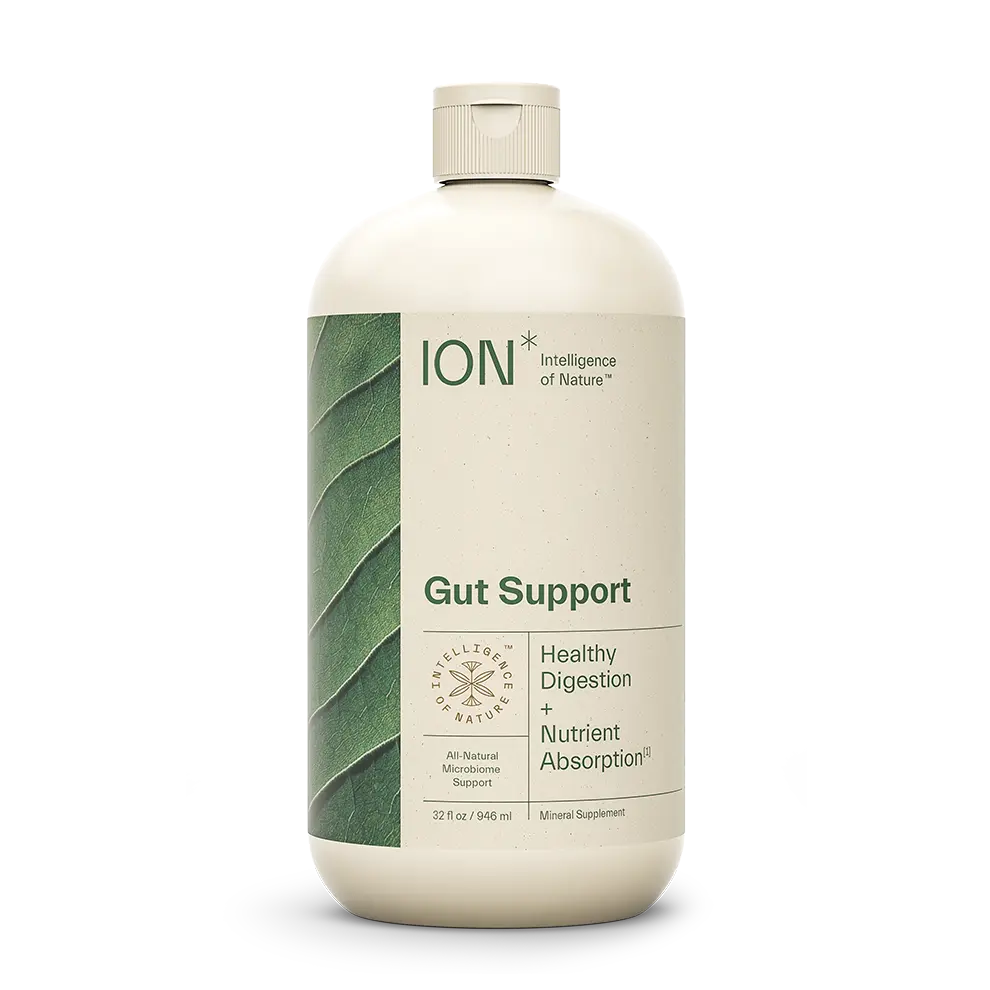Discover the Benefits of a Gut Health Supplement for Better Digestion and Wellness
Discover the Benefits of a Gut Health Supplement for Better Digestion and Wellness
Blog Article
Discover the Key to Digestion and Resistance With Digestive Tract Health Support

Understanding Intestine Health
Comprehending digestive tract wellness is crucial for total well-being, as it plays a substantial role in food digestion, immunity, and also mental wellness. The intestine, comprising the intestinal system, is accountable for damaging down food, taking in nutrients, and getting rid of waste. A well balanced intestine setting makes sure efficient digestion, enabling the body to utilize nutrients properly.
Moreover, gut wellness dramatically affects the body immune system. The digestive tract houses a considerable portion of the body's immune cells, and a healthy gut can help ward off pathogens and reduce inflammation. Disruptions in intestine health and wellness can result in an over active immune action, possibly adding to autoimmune disorders and allergic reactions.
Additionally, the gut is frequently referred to as the "2nd mind" due to the gut-brain axis, a complicated interaction network connecting the brain and the digestive tract. This connection affects state of mind, cognition, and emotional health. Concerns such as dysbiosis, defined by an inequality in digestive tract microorganisms, have actually been connected with mental health and wellness conditions, consisting of anxiety and clinical depression.
The Gut Microbiome Explained
The digestive tract microbiome, a diverse area of microorganisms staying in the intestinal tract, plays a pivotal role in maintaining digestion wellness and total well-being. Making up trillions of bacteria, infections, fungis, and other germs, this complex community aids in the food digestion of food, the synthesis of crucial nutrients, and the law of metabolic procedures.
Each person's gut microbiome is one-of-a-kind, influenced by aspects such as diet plan, lifestyle, genetics, and environmental exposures. A well balanced microbiome supports optimal food digestion by damaging down complicated carbs, producing short-chain fatty acids, and facilitating the absorption of nutrients. Conversely, a discrepancy, typically referred to as dysbiosis, can bring about gastrointestinal problems, consisting of irritable bowel syndrome (IBS) and inflammatory bowel illness (IBD)
Research study has demonstrated that a varied microbiome is related to far better wellness end results, emphasizing the value of dietary choices in supporting these microorganisms. Foods rich in fiber, probiotics, and prebiotics, such as fruits, vegetables, and fermented items, can advertise a healthy microbiome. Comprehending the intestine microbiome is important for establishing targeted interventions targeted at boosting gastrointestinal health and wellness and preventing gastrointestinal conditions.

Link Between Food Digestion and Resistance
A durable connection exists between digestion and resistance, highlighting the important role of the intestine in keeping total health and wellness. The intestinal system is home to trillions of bacteria that develop the intestine microbiome, which substantially affects both digestive system procedures and immune feedbacks. This complex ecological community help in damaging down food, soaking up nutrients, and providing essential metabolites that support immune function.
When food redirected here digestion is reliable, the digestive tract obstacle continues to be undamaged, protecting against dangerous virus from going into the bloodstream. Around 70% of the immune system resides in the gut-associated lymphoid tissue (GALT), which communicates closely with the gut microbiome.
Tips for Sustaining Digestive Tract Health
Supporting gut wellness is important for maintaining both gastrointestinal performance and a well-functioning immune system. To promote ideal intestine health and wellness, take into consideration including numerous useful approaches into your daily routine.
First, prioritize hydration. Drinking appropriate water supports food digestion and helps preserve the mucosal cellular lining of the intestines. Furthermore, routine exercise can boost intestine mobility and advertise a varied microbiome.
Mindful eating techniques are likewise crucial. Eating food thoroughly and consuming slowly can aid digestion and protect against overindulging, which might emphasize the digestive tract. Moreover, taking care of anxiety with strategies such as reflection, yoga, or deep-breathing exercises can positively affect gut health, as tension is known to interfere with digestive system procedures.
Integrating prebiotics and probiotics right into your regimen is another reliable method. While particular foods will be talked about later, comprehending the relevance of these components is important. Prebiotics function as food for advantageous intestine microorganisms, while probiotics introduce online valuable microorganisms.
Last but not least, stay clear of too much use anti-biotics, as they can interfere with the equilibrium of digestive tract vegetation. By following these ideas, you can considerably add to the upkeep of a healthy and balanced gut, which is necessary for total health and vigor.
Foods That Promote Intestine Health

Fermented foods, such as yogurt, kimchi, kefir, and sauerkraut, are rich in probiotics, which are helpful germs that support intestine flora and enhance food digestion. These foods can assist restore balance in the gut, particularly after antibiotic usage or digestive system disruptions.
In enhancement to fermented options, prebiotic foods, such as garlic, onions, asparagus, Learn More and bananas, act as nutrition for these probiotics, advertising their development and activity. These soluble fibers sustain gut motility and can relieve issues like irregular bowel movements.
Furthermore, incorporating high-fiber foods, consisting of whole grains, beans, veggies, and fruits, is vital for preserving a healthy digestive tract. Fiber aids in regular digestive tract movements and assists stop digestive disorders.
Last but not least, omega-3 fats discovered in fatty fish, flaxseeds, and walnuts have anti-inflammatory buildings that can even more sustain digestive tract health. Highlighting these foods in your diet regimen can cause a robust gastrointestinal system and boosted immune function.
Final Thought
In conclusion, prioritizing imp source digestive tract health is necessary for enhancing food digestion and enhancing resistance. A well balanced digestive tract microbiome, influenced by nutritional choices and lifestyle variables, plays an essential duty in nutrient absorption and inflammation reduction.
Understanding intestine health is critical for general wellness, as it plays a substantial function in digestion, immunity, and also psychological wellness. The gut houses a substantial section of the body's immune cells, and a healthy and balanced digestive tract can aid fend off microorganisms and lower swelling.In addition, the intestine is frequently referred to as the "second brain" due to the gut-brain axis, a complex interaction network connecting the digestive tract and the mind.A durable link exists between digestion and immunity, highlighting the important duty of the digestive tract in maintaining general health.In conclusion, prioritizing intestine health and wellness is essential for maximizing food digestion and boosting immunity.
Report this page